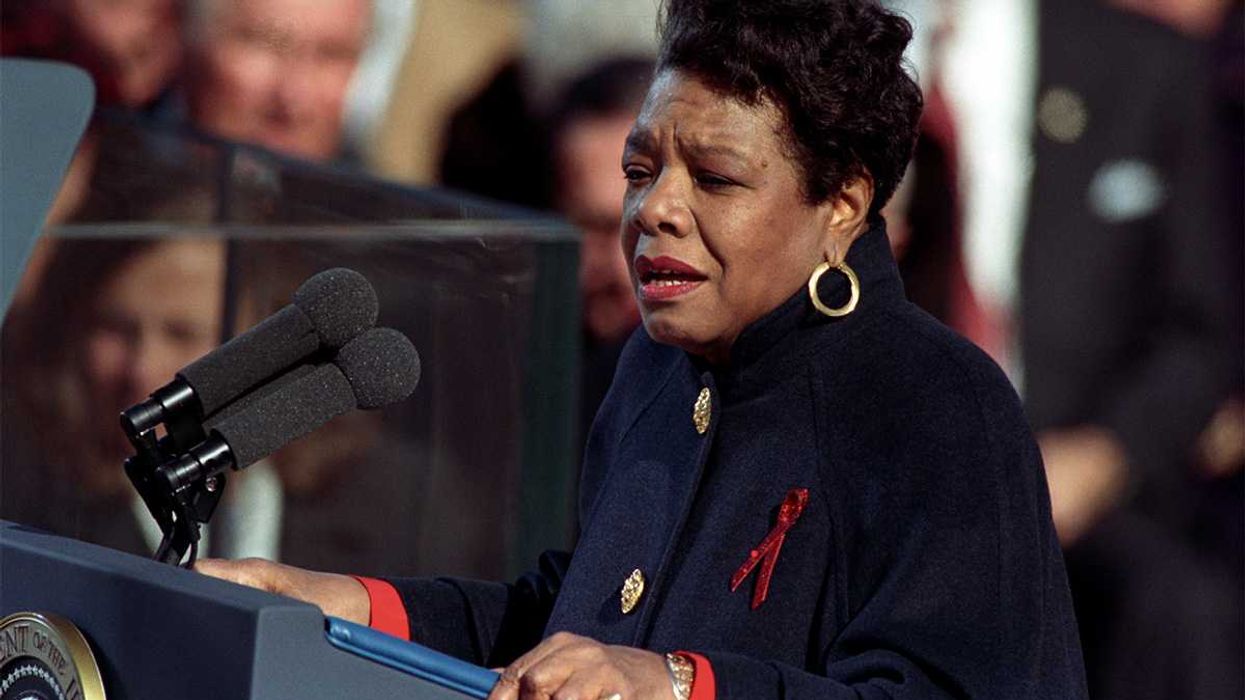This story was originally published by ProPublica.
The IRS audits the working poor at about the same rate as the wealthiest 1%. Now, in response to questions from a U.S. senator, the IRS has acknowledged that's true but professes it can't change anything unless it is given more money.
ProPublica reported the disproportionate audit focus on lower-income families in April. Lawmakers confronted IRS Commissioner Charles Rettig about the emphasis, citing our stories, and Sen. Ron Wyden, D-Ore., asked Rettig for a plan to fix the imbalance. Rettig readily agreed.
Last month, Rettig replied with a report, but it said the IRS has no plan and won't have one until Congress agrees to restore the funding it slashed from the agency over the past nine years — something lawmakers have shown little inclination to do.
On the one hand, the IRS said, auditing poor taxpayers is a lot easier: The agency uses relatively low-level employees to audit returns for low-income taxpayers who claim the earned income tax credit.
The audits — of which there were about 380,000 last year, accounting for 39% of the total the IRS conducted — are done by mail and don't take too much staff time, either. They are "the most efficient use of available IRS examination resources," Rettig's report says.
On the other hand, auditing the rich is hard. It takes senior auditors hours upon hours to complete an exam. What's more, the letter says, "the rate of attrition is significantly higher among these more experienced examiners." As a result, the budget cuts have hit this part of the IRS particularly hard.
For now, the IRS says, while it agrees auditing more wealthy taxpayers would be a good idea, without adequate funding there's nothing it can do. "Congress must fund and the IRS must hire and train appropriate numbers of [auditors] to have appropriately balanced coverage across all income levels," the report said.
Since 2011, Republicans in Congress have driven cuts to the IRS enforcement budget; it's more than a quarter lower than its 2010 level, adjusting for inflation.
Recently, bipartisan support has emerged in both the House and Senate for increasing enforcement spending, but the proposals on the table are relatively modest and would not restore the budget to pre-cut levels. However, even a proposed small increase might not come to pass, because it's unclear whether Congress will actually pass any appropriations bills this year.
In response to Rettig's letter, Wyden agreed in a statement that the IRS needs more money, "but that does not eliminate the need for the agency to begin reversing the alarming trend of plummeting audit rates of the wealthy within its current budget."
This article was originally published by Pro Publica and written by Paul Kiel.
















 Self reflection.Photo credit
Self reflection.Photo credit  Older woman touching hands with a younger self.Photo credit
Older woman touching hands with a younger self.Photo credit  Sign reads, "Regrets Behind You."Photo credit
Sign reads, "Regrets Behind You."Photo credit 
 Couple talking in the woods.
Couple talking in the woods. Woman and man have a conversation.
Woman and man have a conversation. A chat on the couch.
A chat on the couch. Two people high-five working out.
Two people high-five working out. Movie scene from Night at the Roxbury.
Movie scene from Night at the Roxbury.  Friends laughing together.
Friends laughing together.
 Maya Angelou reciting her poem "On the Pulse of Morning" at President Bill Clinton's inauguration in 1993.William J. Clinton Presidential Library/
Maya Angelou reciting her poem "On the Pulse of Morning" at President Bill Clinton's inauguration in 1993.William J. Clinton Presidential Library/  First edition front and back covers and spine of "I Know Why the Caged Bird Sings."Raptis Rare Books/
First edition front and back covers and spine of "I Know Why the Caged Bird Sings."Raptis Rare Books/ 
 Tow truck towing a car in its bedCanva
Tow truck towing a car in its bedCanva  Sad woman looks at her phoneCanva
Sad woman looks at her phoneCanva  A group of young people at a house partyCanva
A group of young people at a house partyCanva  Fed-up woman gif
Fed-up woman gif Police show up at a house party
Police show up at a house party 
 A trendy restaurant in the middle of the dayCanva
A trendy restaurant in the middle of the dayCanva A reserved table at a restaurantCanva
A reserved table at a restaurantCanva Gif of Tim Robinson asking "What?' via
Gif of Tim Robinson asking "What?' via 

 An octopus floating in the oceanCanva
An octopus floating in the oceanCanva